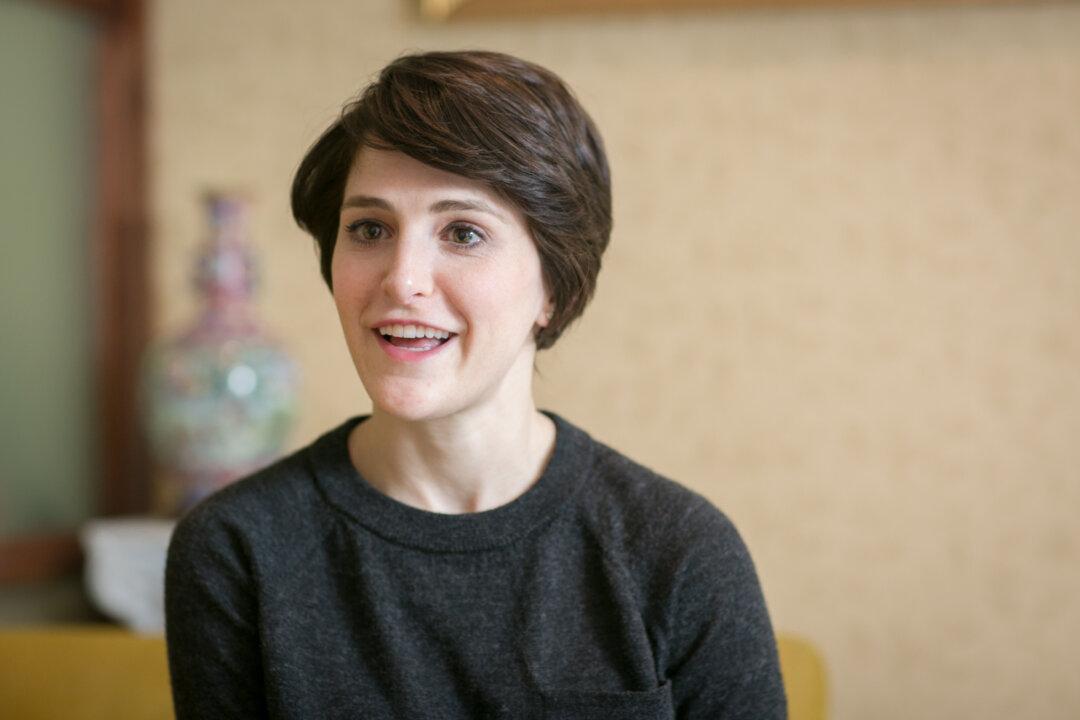Maxine Bédat is a thoughtful entrepreneur. Her business model is driven by her passion to be a voice for the voiceless in the fashion industry.
“We feel the great responsibility to spearhead a movement,” said Bédat, CEO and co-founder of Zady, an online store that champions ethical and sustainable fashion.
Launched in 2013, Zady is among the first online retailers that provide a dynamic shopping experience to its customers. With its rich media content, it shares stories on individual brands and how they source and manufacture their products.
“Fashion is the world’s second-most polluting industry after oil. It employs one out of six people globally, and they are the most poorly treated people. … We want to be thoughtful. There is obviously a lot of work ahead for the industry. But people are awakening to it and looking for brands that stand for sustainability,” Bédat said.
Inspired by Africa
In 2009, while in law school, Bédat worked in Tanzania for the United Nation’s International Criminal Tribunal for Rwanda, the court that prosecutes people responsible for the Rwandan genocide.
She used her free time to explore Africa and deepen her understanding of sustainable economic development. Inspired by her experience in Africa, she founded The Bootstrap Project, a nonprofit organization dedicated to reviving craft traditions in developing countries.





